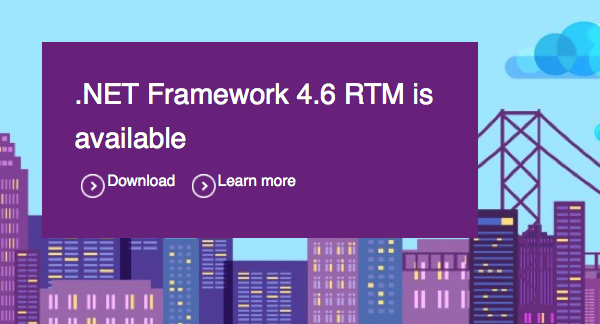Open Source Speeds Developments in Artificial Intelligence
December 17, 2015
When Tesla released all of its patents to the public in 2014, it jumpstarted the electric car ecosystem while continuing to succeed. Facebook made its data-center architecture available to the masses, still making a tidy $12+ billion in revenue last year. Open source code is now fueling tremendous innovation and digital capabilities. Whereas companies in the past dominated by using licensed software to create monopolies, today’s companies relying on open source code differentiate themselves by the services they offer.
TechCrunch notes that, “companies aiming to win in the new marketplace must either build or buy their way into a thriving open-source-driven service — or risk falling too far behind.”
First example: the fiercely proprietary Apple will open source the next version of its programming language, Swift. Other recently open-source languages include Google’s Go and Mozilla’s Rust; Facebook is “experimenting with Hack and D” and Microsoft open-sourced its .NET platform. “Using commodity code to create high-value connections, intelligence and, above all, services is how the new generation of companies wins.”
All this open sourcing “forces enterprises to change their success strategies, whether they feel ready to or not.” Nowhere is that more clear than how Silicon Valley companies are pushing forward the technologies around deep learning, related to the hot field of artificial intelligence.
According to Wired, last month Google open sourced the software engine that drives its deep learning services. Now Facebook states it will open source the designs for Big Sur, the code name for its computer server built to run the latest AI algorithms. Big Sur includes eight GPU boards, each loaded with dozens of chips while consuming only about 300 watts of power.
Why? Deep learning “founding father” Yann LeCun, who now oversees Facebook’s AI work notes that, “The more people that rally to a particular platform or standard, the better it becomes — the more people contribute. There is a network effect. The platform becomes better as more people use it.”
Offering code for free, notes Wired, also means “Facebook can curry favor across the community, providing added leverage in recruiting and retaining talent.”


No Comments Yet
You can be the first to comment!
Sorry, comments for this entry are closed at this time.